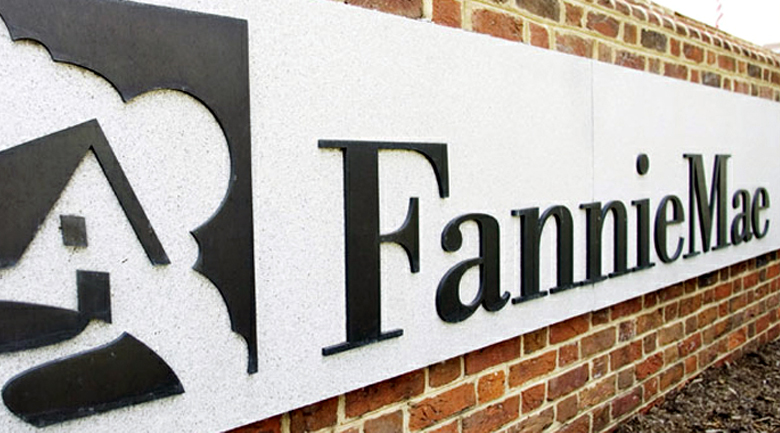
It’s about getting your way
Were you on the debate team in high school? Were you really effective at convincing your parent or guardian to let you do things that you shouldn’t have been doing? How are your objection-handling skills? Can you flip a no into a go?
When working on short sales, there is one aspect of the process that may require those excellent negotiation or debate skills: disputing the property value. In a short sale, the short sale lender sends an appraiser or broker to the property and this individual conducts a Broker Price Opinion or an appraisal, using special forms provided by the short sale lender.
After this individual completes the Broker Price Opinion or the appraisal, he or she will return it to the short sale lender. Shortly thereafter, the short sale lender will be ready to talk about the purchase price. Will the lender accept the offer on the table or is the lender looking for more? If the lender is seeking an offer for a lot more than the one on the table, mentally prepare for the fact that you will need to conduct a value dispute.
Value Dispute Process
While each of the different short sale lenders (including Fannie Mae) has their own policies and procedures for value dispute, all these procedures have some things in common. Follow the steps below in order to conduct an effective value dispute.
- Inquire about forms. Ask your short sale lender if there are specific forms that you need to complete in order to conduct a value dispute. Obtain those forms if necessary.
- Gather information. Your goal is to convince the lender to accept the buyer’s offer, so you need to demonstrate that your offer is in line with the value of the property. Collect data that proves this point, such as reports from the MLS, Trulia, Zillow, or your local title company.
- Take photos. If there are parts of the property that are substandard and possibly were not revealed to the lender by the individual conducting the BPO, take photos of those items. Perhaps the kitchen has no flooring, or there is a 40-year old roof. Take photos to demonstrate these defects.
- Obtain bids. For any defects on the property, obtain a minimum of two bids from licensed contractors. For example, obtain two bids from roofers or structural engineers if necessary
- Write a report. Think back to high school English class if necessary. Write a short essay that references your information, photos, and bids, and explains how these items support your buyer’s value. This is not something that you whip up in five minutes. Spend time preparing a compelling appeal.
It is entirely possible that some lenders will not be particularly open-minded when it comes to valuation dispute. However, more times than not, an effective value dispute leads to short sale approval.
Melissa Zavala is the Broker/Owner of Broadpoint Properties and Head Honcho of Short Sale Expeditor®, and Chief Executive Officer of Transaction 911. Before landing in real estate, she had careers in education and publishing. Most recently, she has been able to use her teaching and organizational skills while traveling the world over—dispelling myths about the distressed property market, engaging and motivating real estate agents, and sharing her passion for real estate. When she isn’t speaking or writing, Melissa enjoys practicing yoga, walking the dog, and vacationing at beach resorts.








































Hank Miller
November 6, 2013 at 6:58 am
On the surface the common sense things are pointed out. However, common sense does not apply with lenders and short sales. Similarly, common sense doesn’t apply with most agents and their opinions – and how they approach the appeal process.
FNMA appraisers are completing many short sale appraisals, lenders are moving away from BPOs as they look to maximize the sale price of properties. The appraisers (I have been a FNMA appraiser for over 9 years) are expected to cast the best light on the home with strong regard to rising market prices. In short, lenders are fine foreclosing on homes in rising markets – especially with the insurance and fed handouts helping. The banks will not lose money – remember that and you understand the rules. The mentality of distressed homes has been “bargains”….that is long gone.
Also, most agents do not provide a solid argument for value disputes. Appraisers require closed sales that meet the requirements for time and distance – and that are comparable. Agents, either through a lack of knowledge or ignorance to the appraisal process, often seem unable to grasp this simple fact. Appraisers have no interest in any property other than to impartially complete the assignment, there is no reason to skew the results in any direction.
The one key are that should be examined is marketability of a home – focus on the days on market, functional or external obsolescence, market reaction to things about the home. I find it better to demonstrate and illustrate the issues AND THEIR IMPACT on marketability than to take a shotgun blast at data. Agents focus on the present, appraisers tend to focus on the past (closed sales). The big but – #5 cannot be overstated. I’ve seen countless “appeals” that look like a third grader wrote them…that undermines the argument the moment the reader gets started.
Ro Reed
November 6, 2013 at 8:44 am
…unless you are working with FNMA. Their values are off the charts ridiculous and have been for some time now. I wrote a compelling case, showing that in fact the offer on the table may very well not even appraise and they actually reconsidered and came back higher. It is rumored that they are using models which take recent history into account, and since we had a booming first half of the year, they project that out for the next year plus (until they foreclose) and somehow reason that is the value to be paid today. There are so many flaws to this plan, not the least being the slowdown experienced in the third quarter vs. the second, the tighter lending restrictions starting in 2014 with Dodd-Frank, and simply the fact that no one is going to lend on the promise of increased value down the line. To give concrete numbers this was a property listed at $72,500, which recent comps bore out at $67,500, and Fannie wanted $80,000 and then $85,000!
I agree that you need to be thorough in your value dispute, however, logic does not always win out in short sales.